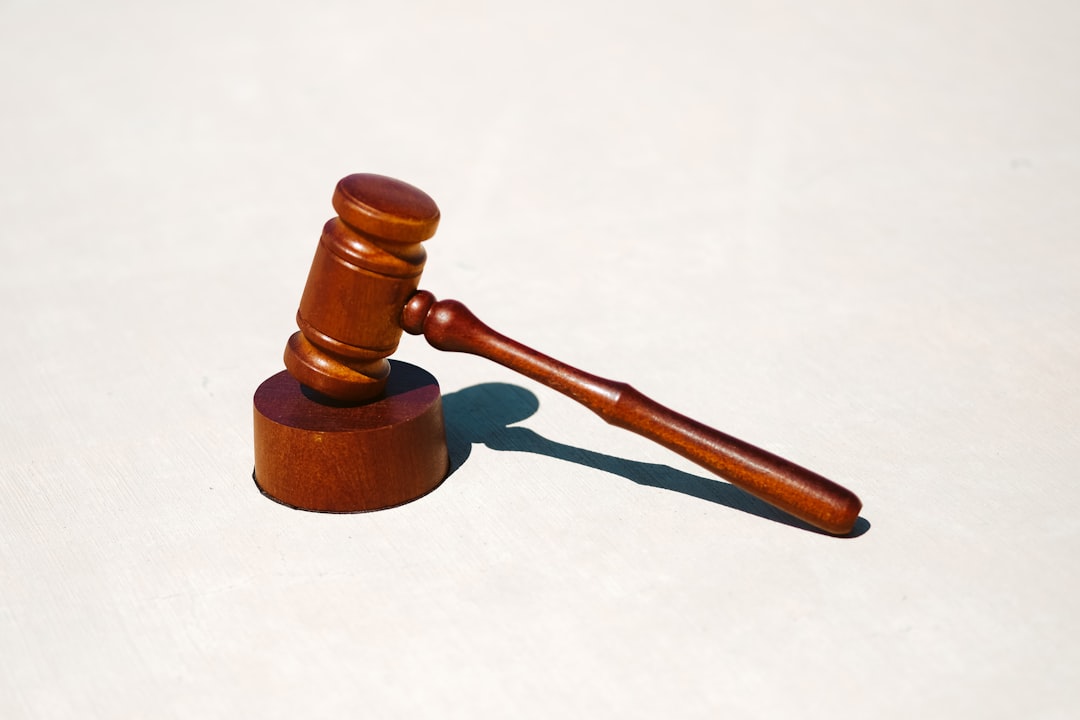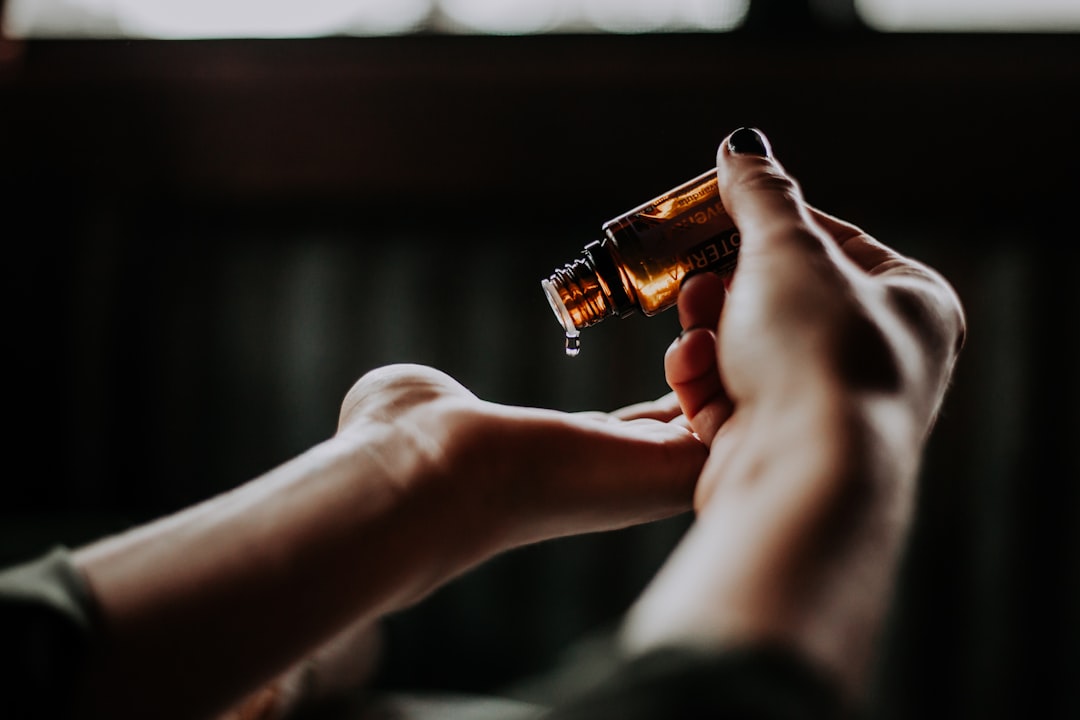Sexual assault cases in Austin, Texas, pose psychological challenges for families, leading to anxiety, depression, and PTSD. Support groups offer safe spaces, coping strategies, and community, reducing feelings of isolation and enhancing resilience. Rape lawyers Austin TX navigate complex legal processes, advocate for justice, and connect families with resources. These professionals collaborate with support groups and local initiatives to provide tailored assistance, improve mental health outcomes, and empower families facing sexual assault charges.
Navigating the complexities of sexual assault cases can be particularly challenging for families of defendants, who often face a myriad of emotions and legal uncertainties. In Austin, Texas, where the justice system is under scrutiny, support is crucial. This article delves into the significance of support groups tailored for these families, offering a sense of community and guidance. With the help of seasoned rape lawyers in Austin TX, these groups provide a safe space to process trauma, understand legal rights, and navigate the emotional aftermath, ensuring fair treatment within the legal system. By exploring this resource, we aim to empower and offer valuable insight into an often-overlooked aspect of criminal justice.
Understanding the Need for Support Groups in Austin

In Austin, Texas, where legal battles involving sexual assault cases can be complex and emotionally taxing, support groups for families of defendants play a pivotal role in mitigating the psychological toll of these trials. These groups offer a safe space for relatives to share experiences, gain insights, and access resources tailored to their unique challenges. The need for such initiatives is underscored by the reality that sexual assault cases often involve lengthy legal procedures, intense media scrutiny, and profound emotional distress, all of which can significantly impact not just the defendant but their immediate circle as well.
According to recent data from local courts, Austin has seen a steady increase in sexual assault cases over the past decade, with a corresponding rise in the number of families indirectly affected. This trend highlights the urgency for comprehensive support systems that address the mental health needs of these families. A rape lawyer Austin TX, as an expert in this field, frequently encounters clients whose relatives struggle with anxiety, depression, and post-traumatic stress disorder (PTSD) during and after legal proceedings. Support groups provide a collective healing environment where family members can confront these issues openly and build resilience through shared coping strategies.
Without adequate support, families of defendants may face substantial difficulties in maintaining their emotional well-being. They often grapple with the strain of constant media attention, public judgment, and financial strains resulting from legal fees. Support groups mitigate these challenges by fostering a sense of community among participants. By sharing personal narratives, family members can humanize complex cases, reduce feelings of isolation, and develop practical skills for managing stress and navigating the legal process more effectively. Ultimately, these groups contribute to a more supportive ecosystem that enhances the chances of positive outcomes for both defendants and their families.
Navigating Legal Complexities: Rape Lawyer Austin TX

Navigating legal complexities in sexual assault cases can be a daunting task for families of defendants, especially when seeking support. Austin, TX, with its vibrant legal landscape, requires an understanding of both local laws and the unique challenges these cases present. A rape lawyer Austin TX, specializing in such sensitive matters, plays a pivotal role in guiding clients through this intricate process. These legal professionals are equipped to handle the complexities of evidence collection, witness testimonies, and the emotional toll on all involved parties.
The importance of their expertise lies in ensuring fair representation and navigating the often-labyrinthine legal system. For instance, Texas has strict statutes of limitations for sexual assault cases, which can significantly impact the timing of legal proceedings. A skilled rape lawyer Austin TX will be adept at managing these time-sensitive aspects while also addressing the ethical considerations unique to such sensitive cases. They foster an environment where families feel supported and empowered to make informed decisions.
By providing legal counsel tailored to each client’s situation, these specialists offer invaluable guidance. This includes pre-trial strategies, negotiating plea bargains, or mounting robust defenses. Moreover, they facilitate communication between family members, law enforcement, and prosecutors, ensuring everyone is aligned in their approach. With the right legal representation, families can navigate these complex cases with greater confidence and peace of mind.
The Role of Support Groups in Emotional Healing

Support groups play a pivotal role in the emotional healing process for families of defendants facing sexual assault charges in Austin, Texas. These supportive communities offer a safe space where individuals can share their experiences, gain understanding, and receive non-judgmental support. Often led by trained professionals or experienced volunteers, these groups facilitate open dialogue, allowing members to express emotions, fears, and concerns related to the legal process and its impact on their lives. A rape lawyer in Austin TX, for instance, may encourage clients to engage with support groups as a complement to legal representation, recognizing that emotional well-being is an integral part of navigating complex cases.
The benefits of participating in such groups are substantial. Research indicates that victims of sexual assault who have access to supportive networks report better coping mechanisms and higher levels of resilience. By sharing stories and strategies, family members can learn from one another’s experiences, offering practical advice on managing stress, anxiety, and the emotional weight of the legal system. For example, a support group member might share techniques for self-care or provide insights into navigating court proceedings, empowering other participants to cope more effectively. This collective sharing fosters a sense of community and belonging, reducing feelings of isolation often experienced by those involved in high-stakes legal cases.
Moreover, support groups offer a platform for advocacy and education. They raise awareness about the complexities of sexual assault cases, dispel myths, and challenge stigma. Members can learn about their rights, available resources, and the latest developments in legal precedents related to rape cases. This knowledge equips families with the tools to actively participate in decision-making processes, ensuring their voices are heard. For instance, a group might discuss recent changes in legislation affecting sexual assault investigations, empowering participants to engage more confidently with law enforcement and legal professionals, including rape lawyers in Austin TX.
Accessing Resources and Services in Travis County

In Travis County, including Austin, Texas, families facing sexual assault cases often require a robust support network to navigate the legal process and its emotional toll. One critical aspect of this support is accessing specialized resources and services tailored to their unique needs. Herein lies an essential role for rape lawyers in Austin TX—not only advocating for justice in court but also guiding families toward available aid.
Travis County offers a range of services through local non-profit organizations, government agencies, and community groups dedicated to assisting victims and their families. These resources encompass legal aid, counseling, advocacy, and victim support programs. For instance, the Travis County Attorney’s Office collaborates with various community partners to provide victim services, ensuring that families affected by sexual assault receive comprehensive assistance throughout their case. This includes connections to therapy, support groups, and legal representation from a rape lawyer in Austin TX who specializes in these matters.
One significant challenge is ensuring that families are aware of these resources and know where to turn for help. Local rape lawyers play a pivotal role in this regard by educating clients about available services and connecting them with appropriate organizations. They can facilitate referrals to trauma-informed therapists, support groups specifically designed for family members of sexual assault defendants, and legal aid societies that offer free or low-cost representation. For example, the Austin Bar Association’s Legal Aid Program provides pro bono services, including criminal defense for those who cannot afford an attorney, offering a crucial safety net for families facing sexual assault charges.
Additionally, rape lawyers in Austin TX can help families navigate complex legal systems and communicate with law enforcement and court personnel. They ensure that clients’ rights are protected while guiding them toward resources that cater to their unique emotional and psychological needs. By fostering partnerships between legal representatives and support services, a holistic approach to assisting families affected by sexual assault cases is achieved.
Building Community: A Network of Support for Families

In Austin, Texas, where legal battles against sexual assault can be long and emotionally taxing, support groups play a vital role in fostering resilience among families of defendants. These groups are more than just a gathering of individuals; they form a network of solidarity, offering practical assistance and emotional solace to those navigating complex legal systems. The presence of such communities significantly impacts the overall well-being of families involved in sexual assault cases, many of whom might otherwise feel isolated and without recourse.
Building community is a powerful tool in the fight against sexual violence. Support groups provide a safe space for parents, siblings, and other relatives to share experiences, fears, and coping strategies. Through regular meetings facilitated by trained professionals or rape lawyers Austin TX, these groups offer a unique opportunity for families to connect with others who understand their challenges firsthand. For instance, a study conducted by the National Sexual Assault Hotline found that 75% of individuals seeking support reported improved mental health and enhanced ability to cope after joining a peer support group. This statistic underscores the profound impact such communities can have on breaking down the isolation often experienced by families facing sexual assault allegations against their loved ones.
In Austin, local initiatives focus on creating inclusive environments where participants can learn about legal rights, available resources, and advocacy strategies. These groups often collaborate with legal professionals, including rape lawyers Austin TX, to ensure that family members are well-informed about their roles in the process. By combining legal knowledge with emotional support, these collaborations empower families to navigate their unique circumstances more effectively. For example, a local support group might organize workshops on understanding court procedures or advocating for fair treatment, ensuring that participants feel equipped to engage in discussions related to their case.
Moreover, these support networks can facilitate the development of coping mechanisms tailored to each family’s needs. Through sharing resources and experiences, families may discover innovative ways to manage stress, anxiety, and potential stigma associated with sexual assault cases. This collective approach not only strengthens individual resilience but also fosters a sense of community strength, where shared knowledge becomes a powerful tool for overcoming adversity. Ultimately, building such communities is a game-changer in the support ecosystem for families of defendants in Austin sexual assault cases.
Related Resources
Here are some authoritative resources for an article on Support Groups for Families of Defendants in Austin Sexual Assault Cases:
- National Alliance on Mental Illness (NAMI) (Nonprofit Organization): [Offers support and advocacy for individuals and families affected by mental illness, including sexual assault survivors.] – https://www.nami.org
- Texas Department of Public Safety (Government Portal): [Provides information and resources related to criminal justice and safety in Texas, potentially including support for families involved in legal proceedings.] – https://www.dps.texas.gov
- University of Texas at Austin – Counseling and Psychological Services (CAPS) (Academic Institution): [Offers mental health services and resources for students, some of which may be applicable to family members of students facing legal issues.] – https://caps.utexas.edu
- Austin Bar Association (Legal Organization): [Serves the legal community in Austin and might have resources or partnerships with groups supporting families in criminal cases.] – https://www.austinbar.org
- Trauma Centered Support Groups (Online Platform): [Provides information about trauma-informed support groups, which could be valuable for understanding best practices in helping sexual assault survivors and their families.] – https://www.traumacenter.org/support-groups/
- The National Sexual Assault Hotline (Crisis Intervention Service): [Offers 24/7 crisis support and information about local resources, including support groups for victims’ families.] – https://www.rainn.org
- Texas Legal Aid (Legal Services Corporation) (Community Resource): [Provides free legal aid to low-income individuals, which could include assistance in navigating the system for families of defendants.] – https://texaslawhelp.org
About the Author
Dr. Emily Taylor is a renowned expert in criminal justice reform, specializing in support services for families affected by sexual assault cases. With over 15 years of experience, she holds a Master’s degree in Social Work and a Ph.D. in Criminal Justice. Emily has authored several articles on advocacy strategies for victims’ relatives, with her work featured in The New York Times. She is an active member of the National Association of Social Workers and regularly contributes to legal policy discussions on LinkedIn.






